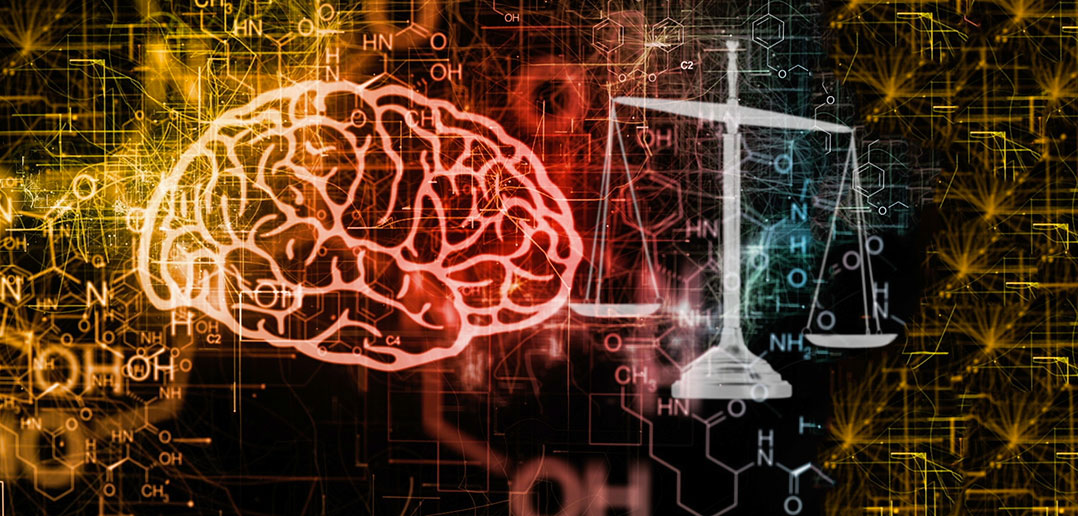Understanding Pharmacogenetic Variability

Okorie Okorocha Discusses Pharmacogenetic Variability
Pharmacogenetics is the study of how genes affect a person’s response to drugs. It is a relatively new field combining pharmacology and genomics. Pharmacology is a branch of medicine that examines the uses, effects, and modes of action of drugs while genomics concerns the sequencing and analysis of an organism’s genome. Genes are basically instructions, written in DNA, for building protein molecules. Different people can have different versions or slightly different DNA sequences, of the same gene. Some of these variations are common while others are rare. Pharmacogenomics looks at these gene variations and how they impact on drug responses.
Importance of Pharmacogenetics to Determine Drug Response
How a person responds to drugs depends on a complex interplay between environmental and genetic factors. To determine how much of a role the genetic factors play in such an instance requires the administration of a certain drug to twins or trios of family members, making the available data on this topic rather limited. However, it has been suggested that genetics could be responsible for up to 75%-85% of the way drugs are metabolized in the body (Penno et al., 1981).
Most drugs are ‘one size fits all,’ but it is clear from the above that they will not work the same way for everyone. It can be difficult to determine how someone will respond, whether they will respond at all, and if they will experience negative side-effects. This is where the utility of pharmacogenetics becomes apparent. It allows for the development of effective and safe medications and doses that will be tailored to a person’s genetic makeup. Currently doctors base their prescriptions on factors such as age, weight, sex, and liver and kidney function, but with the introduction of pharmacogenetics, doctors will be able to make a much more accurate assessment of what the patient requires.
How Does It Work?
When a person ingests drugs, the drugs are taken through various biochemical pathways in order to break them down, thereby eliminating them from a person’s system. These biochemical pathways are created by our genes. However, some people have ‘mutations’ (polymorphesisms) that either prevent them from breaking up the drug or break up the drug too fast so that it loses its effectiveness. If the drug cannot be broken up at all by the body, such a person will experience bad side effects or allergic reactions. A person’s DNA can be analyzed so as to determine which biochemical pathways may be impaired or ‘mutated.’ This information can be cross-referenced with all the drugs that require that specific biochemical pathway in order to be broken down. This will give an indication as to which drugs will be safe and effective for the person to use.
Dr. Soram Khalsa uses a good example to illustrate the above. Say a doctor is treating a patient who continuously asks for more codeine for pain relief. Usually doctors are wary of patients seeking more and more pain medication as it may be a sign of addiction. However, if a pharmacogenetic test is done on such a patient, it may reveal that they simply metabolize codeine much too fast for it to be effective. Such a patient can then be switched to a different drug that uses a different biochemical pathway in order for the pain relief to be effective.
Pharmacogenetics may seem rather technical and it is necessary to have an expert explain the details in court. If you think the above information may be useful to your case, Okorie Okorocha can help you!
For further information, see Chapter 7: Pharmacogenetics by Mary V. Relling; Kathleen M. Giacomini. Also see Pharmacogenetics Fact Sheet by the National Institute of General Medical Sciences at https://www.nigms.nih.gov/education/Pages/factsheet-pharmacogenomics.aspx.




